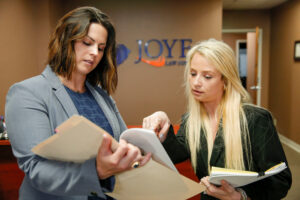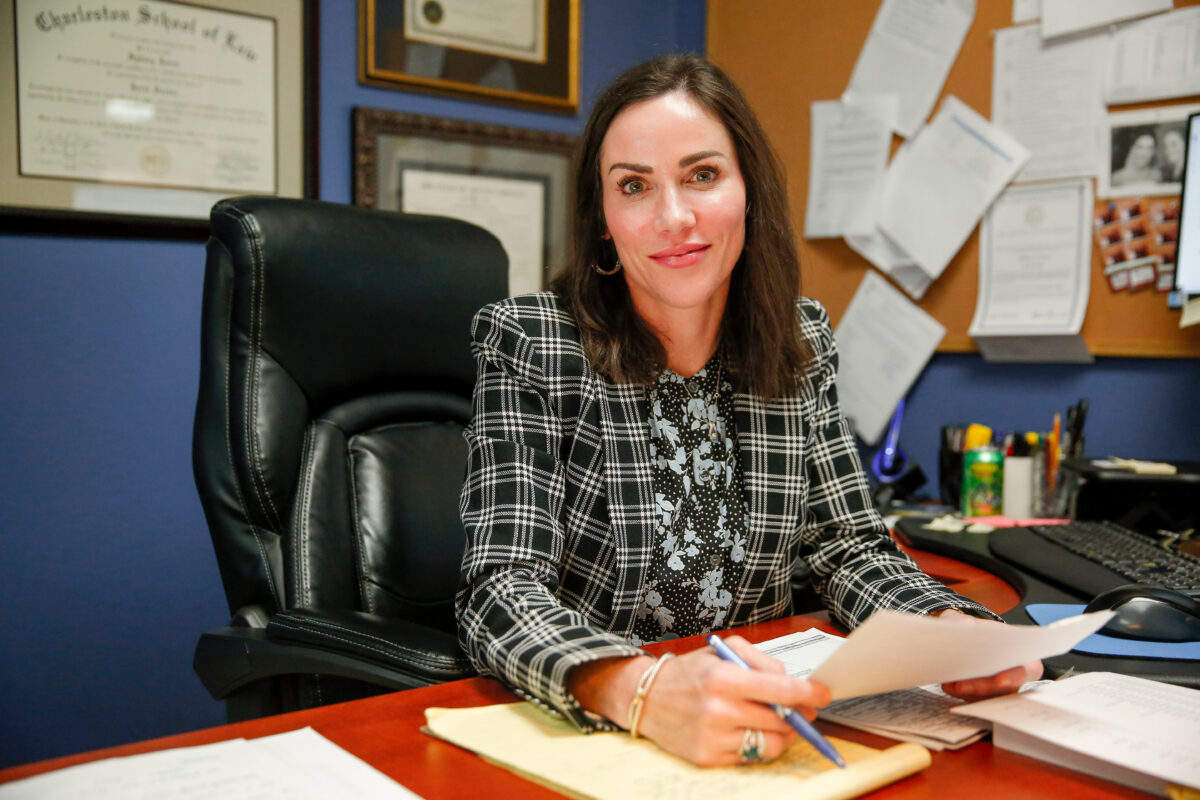
The last things that Angie remembered from before the wreck were the drunk driver’s oncoming headlights and that sinking feeling that comes with knowing things aren’t going to end well. She woke up in the hospital, unaware at the time, that firefighters had to cut her from her mangled vehicle and that the ER crew had doubted her chances for survival. Angie defied the odds, but life was going to look a lot different from now on. She knew she needed help to fight the upcoming legal battle. She knew she needed the Joye Law Firm.
Driving under the influence of alcohol or drugs is recklessly irresponsible, yet many people are injured and killed in car, truck, and motorcycle accidents caused by drunk drivers every year. In fact, South Carolina has the 3rd highest fatality rate from crashes involving drunk drivers in the nation. We also hold the dubious honor of ranking 6th in the U.S. for drunk driving accidents caused by underage drinking.
Fortunately for victims like you and Angie, drunk drivers are criminally and civilly liable for the harm they cause, and South Carolina juries have no appetite for their excuses. Let Joye Law Firm help you recover compensation for your injuries with a personal injury claim.
|
Navigating the Legal Process After Being Injured by a Drunk Driver
Being injured in a drunk driving accident can leave you feeling confused, frightened, and unsure of what to do next. Here are some measures you can take to protect yourself. Just remember that contacting an experienced South Carolina drunk driving lawyer should immediately follow these key steps:
- Check for injuries first: Adrenaline can mask your injuries after an accident. Even if you initially feel fine, it’s still important to promptly see a doctor. Some injuries aren’t always immediately obvious, and getting a medical exam creates a record that can be helpful to your case down the road.
- Get the police involved: Call the police and report the accident. A police report is a crucial piece of evidence, so requesting a copy for your records is essential.
- Document the scene: If you’re safely able to do so, take pictures or video of the accident scene while you wait for the police. Capture any vehicle damage and your own injuries. Also, try to get the names and contact information of any witnesses.
- Don’t say too much: It can be tempting to explain the accident to everyone you encounter. Please resist the urge. Don’t admit fault, and don’t discuss the details with anyone except the police. Anything you say can be used against you later.



 :
:




